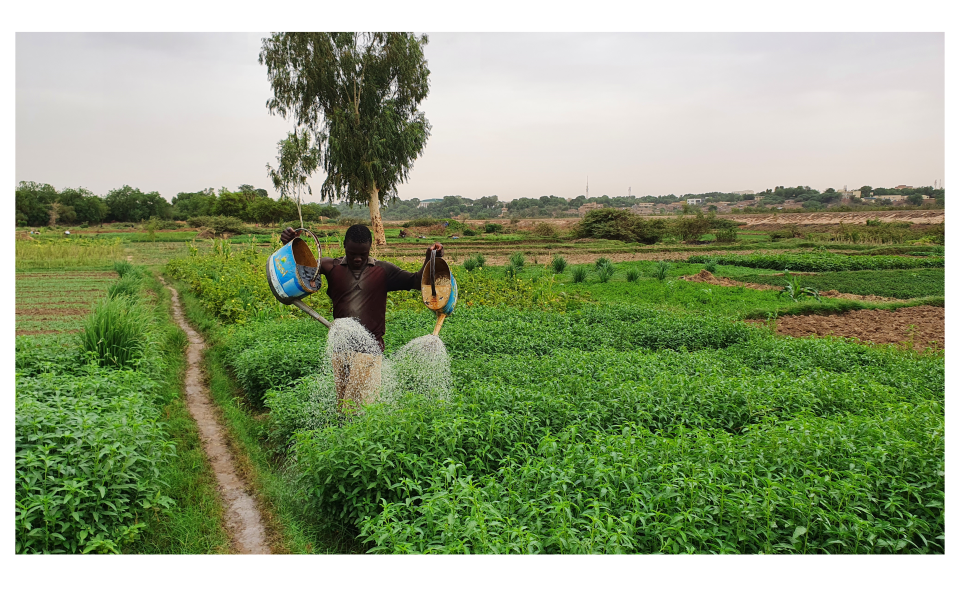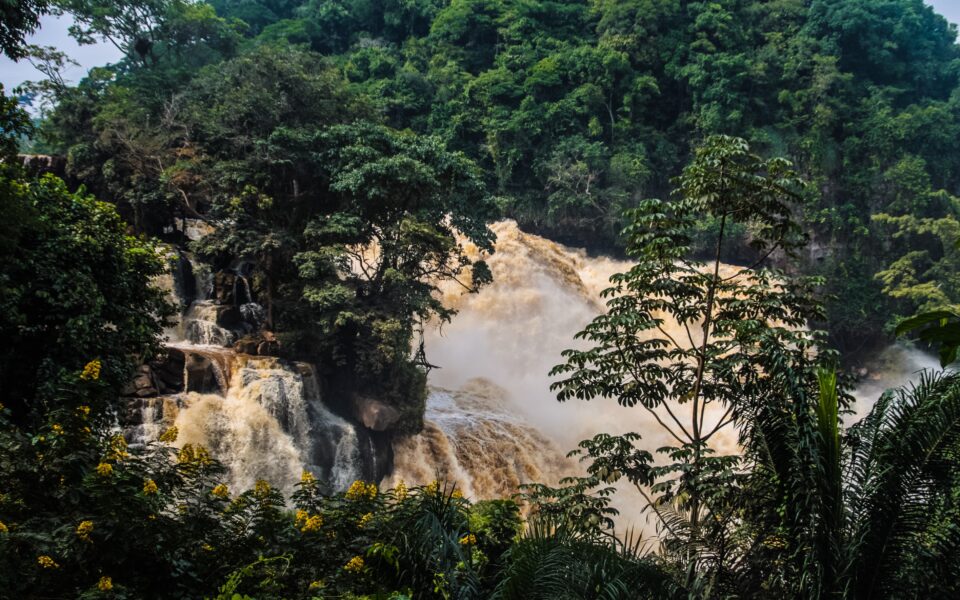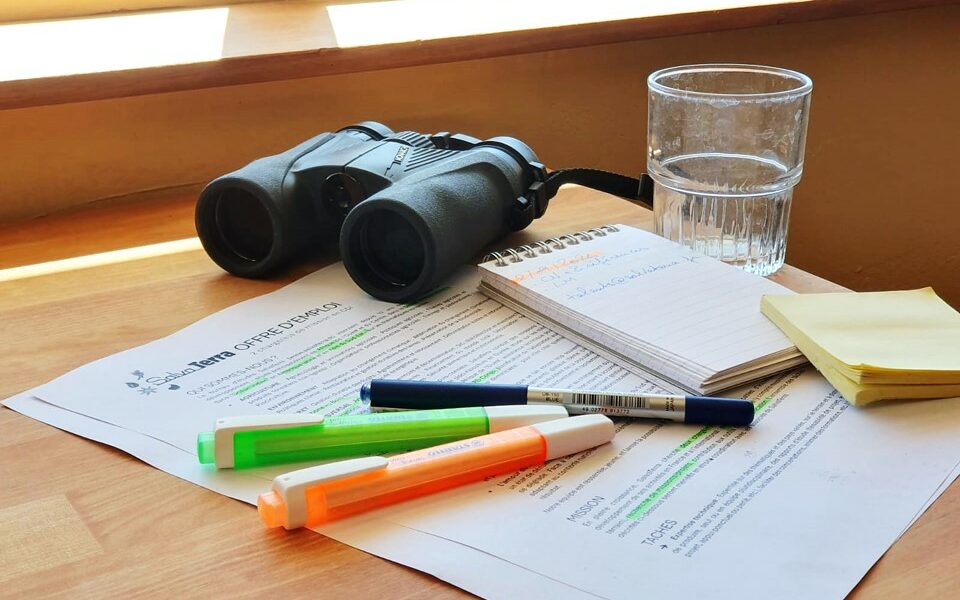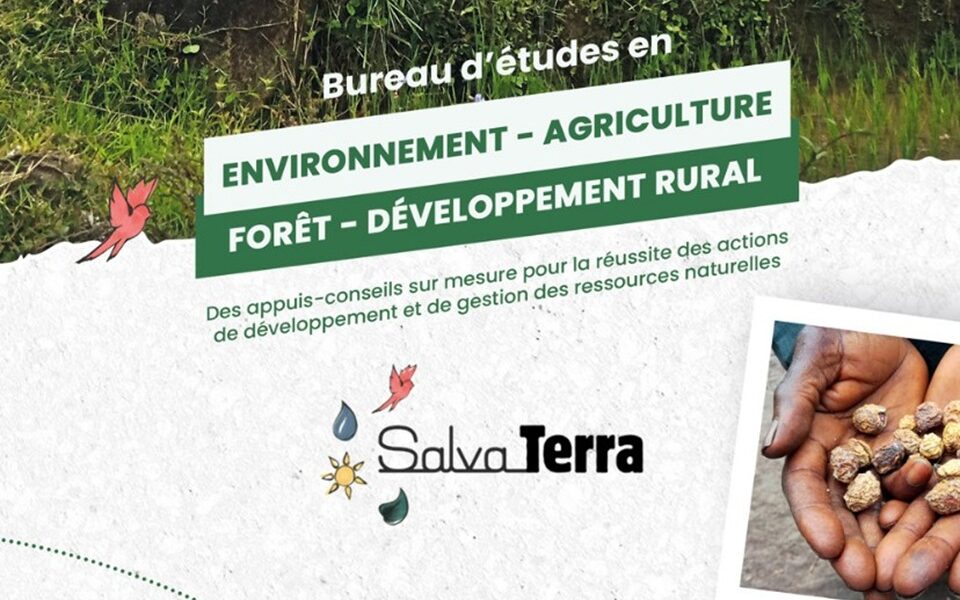News

2 November 2022
Market study for the financing of small-scale private irrigation in Niger
With temperatures rising 1.5 times faster than the global average, maximum temperatures exceeding 45 degrees Celsius, limited, decreasing and unpredictable rainfall, and an increase in multi-year droughts, Niger is on the frontline of climate change. However, the country has an irrigable potential of more than 10 million hectares, more than half of which is compatible with small-scale private irrigation, especially for vegetable production. The lack of accessible financial solutions, however, is a brake on investment for producers, and limits their ability to modernize their irrigation systems, which generally remain very artisanal (see photos)
SalvaTerra’s expertise was initially mobilized to study the existing and potential demand for irrigation solutions: identification of production and marketing methods of key crops, characterization of existing business models and actors for irrigation equipment, and evaluation of the costs and benefits of available irrigation technologies. In a second step, it was a question of analyzing the demand for potential by assessing the perceptions of farmers, equipment suppliers and other stakeholders on the different irrigation technologies, as well as their financial capacities and their conditions of access to finance.
A lire aussi...

16 Jul. 2025
Renforcer l’accès à la finance climat et aux marchés du carbone en Afrique centrale
Dans le cadre de l’initiative de la Banque mondiale sur la comptabilité du capital naturel et les financements climat, SalvaTerra appuie six pays d’Afrique centrale dans l’élaboration de feuilles de route nationales pour faciliter leur accès aux marchés du carbone et structurer leur stratégie climat.

01 Jul. 2025
Deux nouveaux recrutements chez SalvaTerra
En pleine expansion, SalvaTerra recrute deux chargé(e)s de mission pour soutenir le développement de ses activités en France et à l'international. Les missions incluent expertise technique (avec déplacements terrain), recherche de projets, et contribution aux outils de communication. Toutes ces tâches seront réalisées en étroite collaboration avec les associés de SalvaTerra.
